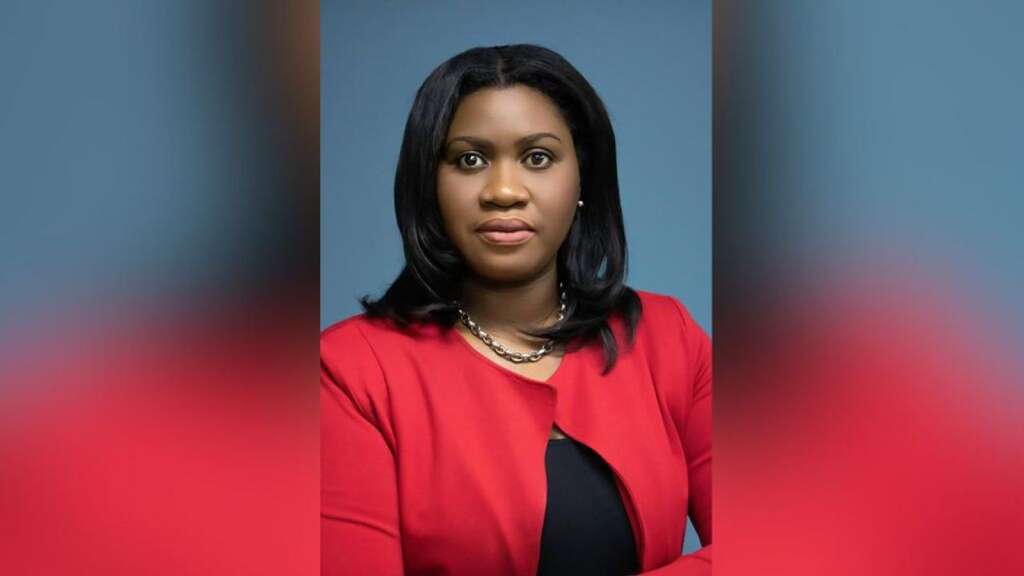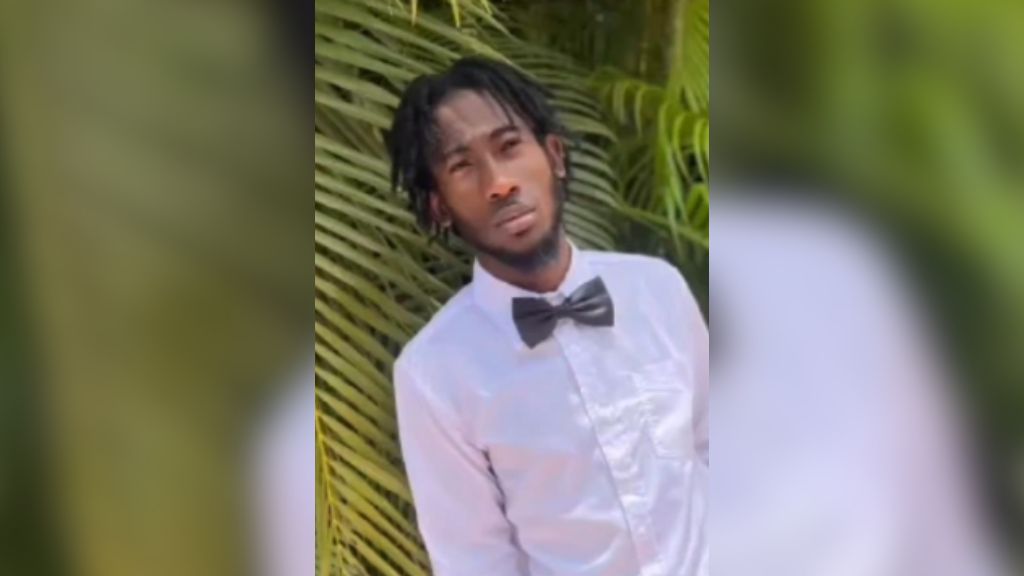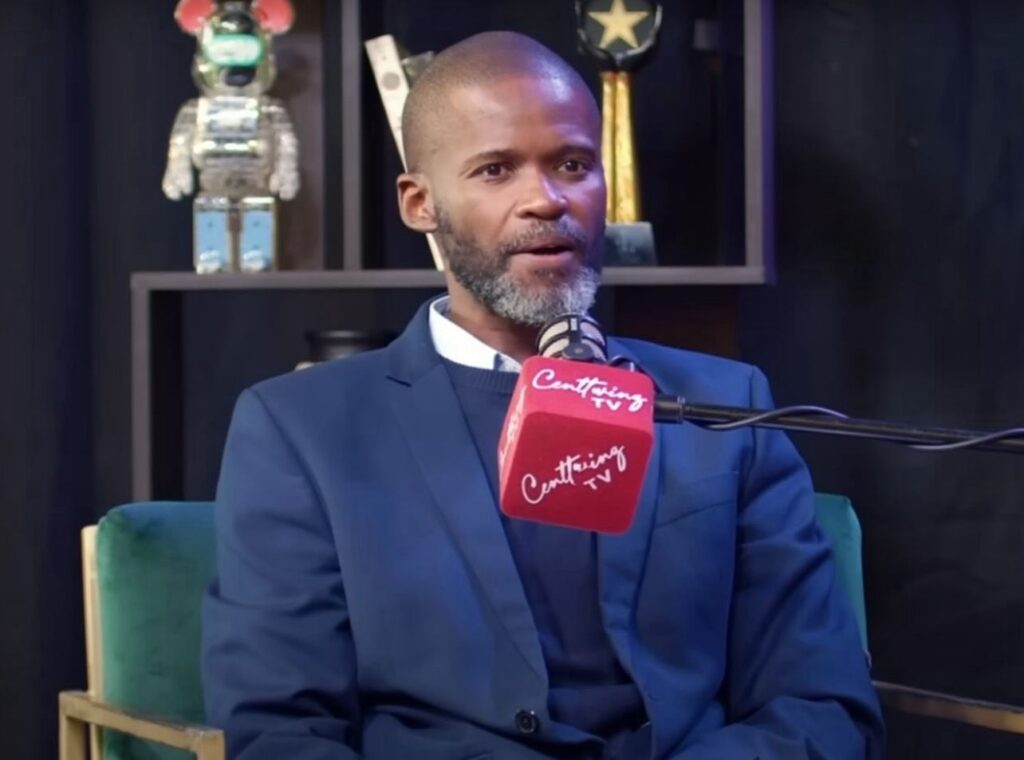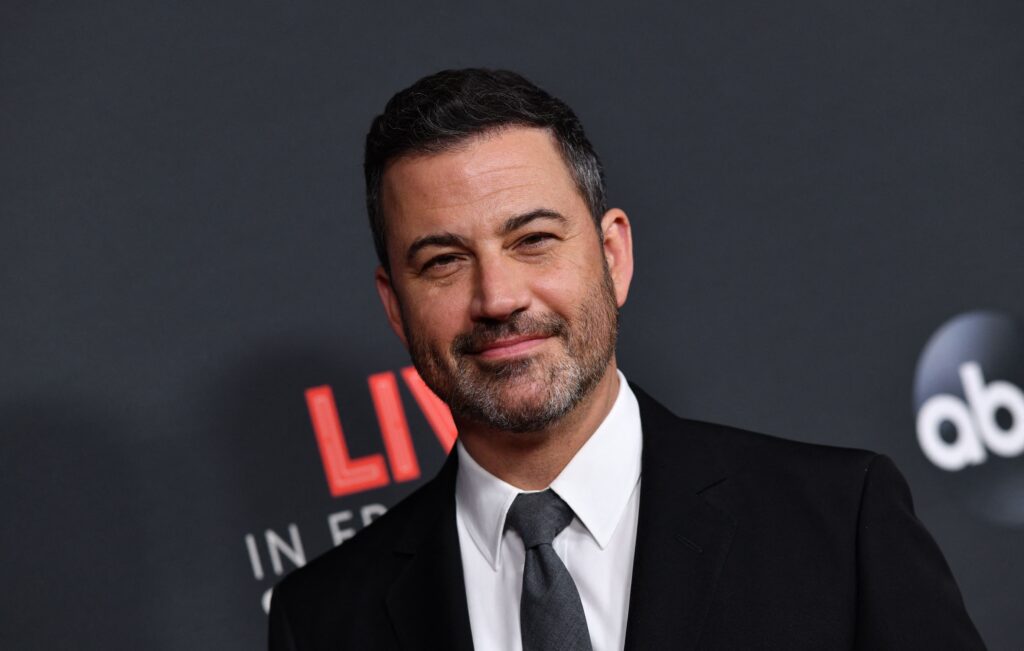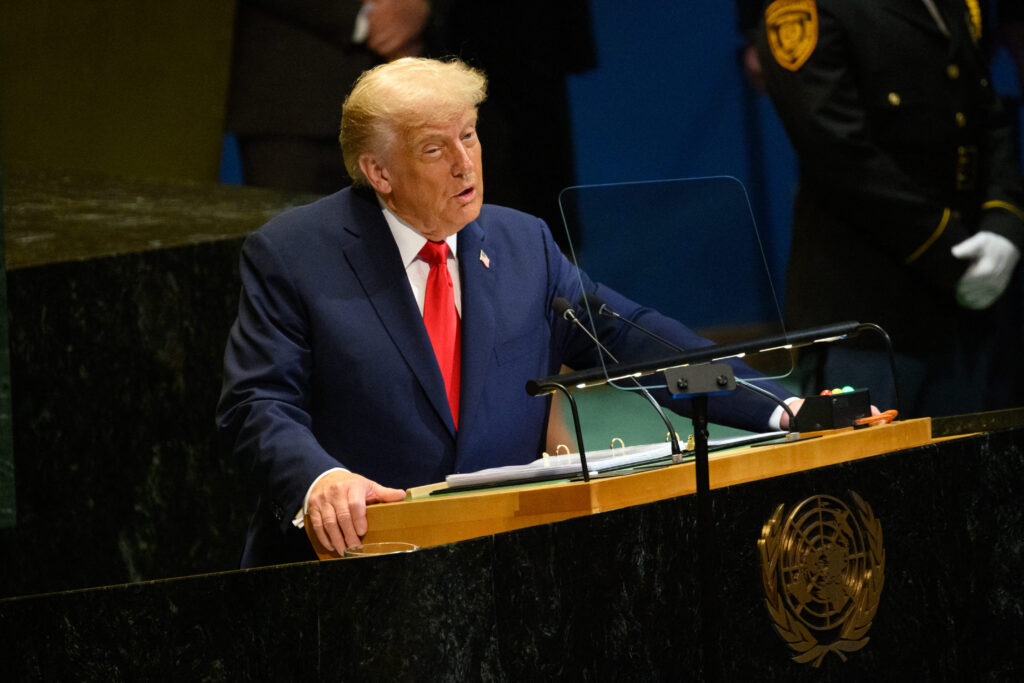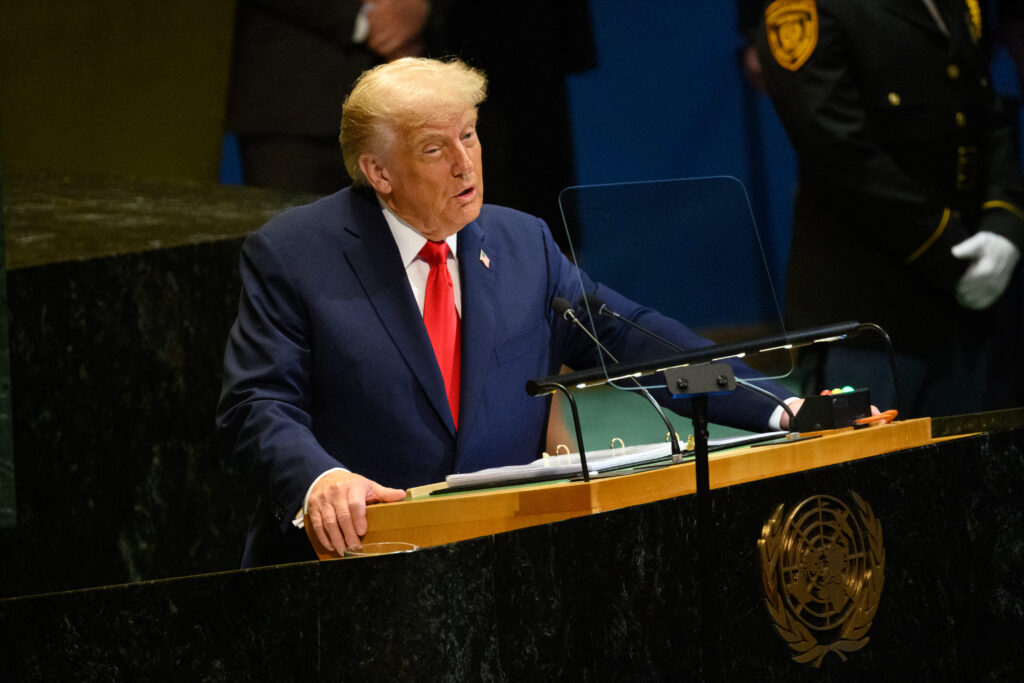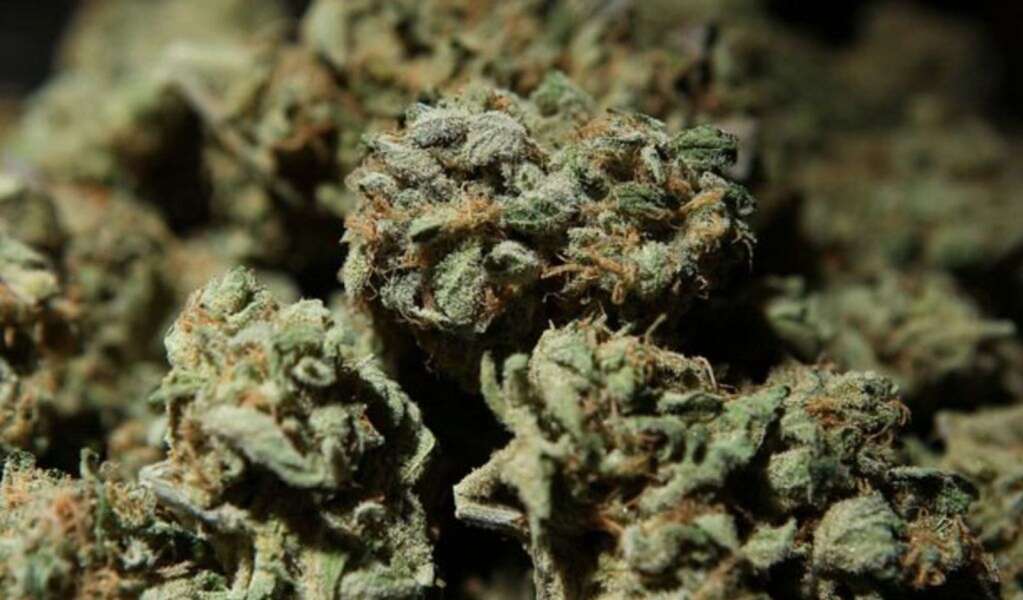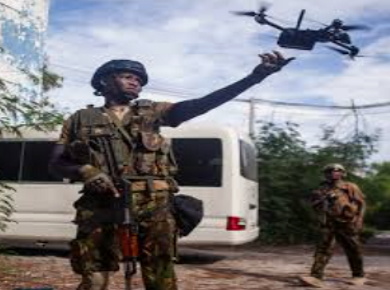PORT-AU-PRINCE, Haiti (CMC) — The director of the Haiti Observatory within the Global Initiative Against Organised Crime, Romain Le Cour, has called on Haitian authorities to break their silence and issue an official statement regarding the drone attacks that left eight children dead in the Simon Pelé neighbourhood of Cité Soleil.
Media reports said that the attack last night was aimed at gang leader, Albert Steevenson alias “Djouma”, who at the time of the attack was preparing to celebrate his birthday and was distributing gifts to children.
The area is believed to be controlled by the Viv Ansanm (Living Together) coalition of gangs, which the United States (US) designated a “foreign terrorist” organisation in May.
One of the group’s leaders and most notorious figures, Jimmy Cherizier, known as “Barbecue”, promised to avenge the attack.
Le Cour said that the attack raised “urgent questions of accountability”. Several hours have passed since the event and authorities have still not issued an official statement.
“Who will ultimately bear responsibility for this attack: the Prime Minister? The Presidential Transitional Council? Private security companies? The leadership of the Haitian National Police?” Le Cour asked.
The Haitian National Human Rights Defence Network (RNDDH) said the explosions were caused by two kamikaze drones launched by the Haitian National Police task force and that the casualty figures were a conservative estimate, but believed at least four gang members were killed, as well as three civilians.
Authorities in Haiti have been battling gang violence particularly in the capital, Port-au-Prince, where the criminal gangs control approximately 80 per cent of the city.
In June, the Government first publicly signalled that it was using drones when local police posted a video on Facebook of an attack on a gang leader.
At a high-level meeting on Haiti in New York on Monday, the United States, Kenya, and Haiti called for support for the transformation of the Kenya-led Multinational Security Support (MSS) Mission in the French-speaking Caribbean Community (Caricom) country to be a more robust gang suppression force (GSF), ahead of a vote at the United Nations (UN) Security Council later this month.
Kenyan President William Ruto acknowledged that the mission’s efforts had been undermined by a lack of material, logistical and financial resources.
“Of the 2,500 police officers the force was initially supposed to have, fewer than 1,000 are currently deployed. Added to this are defective American armoured vehicles and a lack of international support.
“We cannot depend on charity. Funding must be predictable,” Ruto said, adding that only a mission with clear objectives, guaranteed resources and solid logistical support would be able to address these structural deficiencies.



